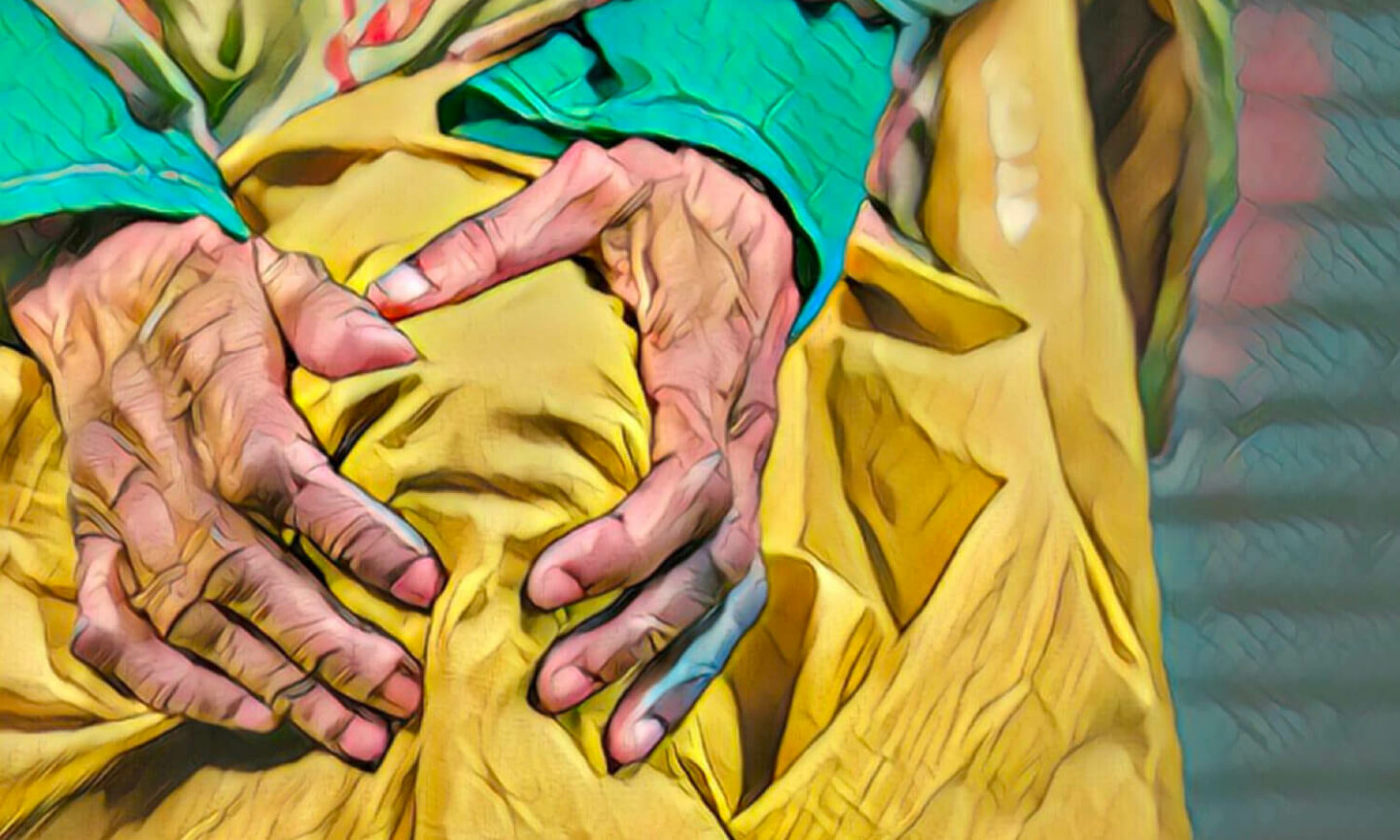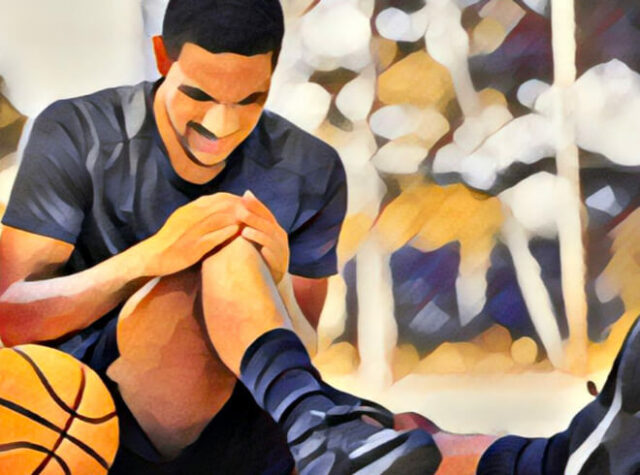Joint pain What is it and how can it be treated?
Joint pain can make it difficult to perform everyday activities such as walking, standing, or gripping objects, and can significantly impact your quality of life. Pain Specialists WA in Perth offer a range of treatment options for joint pain.
Call Pain Specialists WA in Perth:

What is joint pain?
Joint pain, unfortunately, is common, and you may experience it in any part of your body. Most people have joint pain in their facet joints in the spine, knees, shoulders, hips, and ankles, but it can occur elsewhere too, including your fingers, elbows, feet and wrists.
Unlike nerve pain that may radiate from its source to another part of your body, joint pain is usually felt in the affected joint (though in some cases it can refer, too). The pain can be constant or only when you make a certain movement. Either way, joint pain can be debilitating.
Joint pain happens in those parts of your body where two or more bones come together. It can impact your quality of life because it becomes harder to attend to everyday tasks or activities.
Joint pain causes

Joint pain can be caused by a range of factors, including injury, inflammation, and wear and tear of the joint.
Osteoarthritis (OA)
Osteoarthritis is a degenerative joint disease and is often an age-related condition. It’s the most common type of arthritis and is often referred to as “wear and tear” of the joint.
Wear and tear in the cartilage, which covers the bone surface, leads to inflammation and pain.
While osteoarthritis is typically associated with older people, it can occur in younger patients too, especially if there has been a trauma or injury to that particular joint, such as a fracture.
You may feel that the affected joints are very stiff when you wake up. Usually, stiffness eases off by moving the joint. However, when you use the joint more throughout the day, the pain can get worse.
In some cases of joint pain, there may be visible signs of inflammation such as swelling of the joint, and the skin over the joint may feel warmer than the surrounding skin.
In advanced osteoarthritis, you may hear or feel that the joints are crunching when you move. This is called crepitation.
Auto-immune conditions
Autoimmune conditions can cause joint pain. An example of that is rheumatoid arthritis, which is a chronic inflammatory disorder that affects multiple joints in the body. When you have rheumatoid arthritis, a rheumatologist will help find the best treatment to control the condition.
At stages where rheumatoid arthritis is advanced and is causing pain, a pain specialist can help you with a variety of techniques to control and help with your pain level.
Injury or overuse
Torn or worn cartilage can cause joint pain. An example of that is a meniscus tear, which can be caused by injury or overuse.
Ligament and tendon problems can also cause joint pain. Examples are rotator cuff tears and ACL tears, which can be caused by injury or overuse.
Joint pain diagnosis and treatments

Diagnosis
As we mentioned before, joint pain is usually felt in the affected joint. But in some cases, the pain can refer to other parts of your body. An example of this is hip joint pain that may be felt in the thigh bone.
That’s why it’s crucial to take a detailed medical history and complete a full physical examination. We may also order some diagnostic investigations such as X-Rays, MRI-scan, CT-scan, bone scan with SPECT CT and blood tests.
Treatment
Generally, first-line treatments for joint pain are rest, cold or heat packs, simple painkillers and physiotherapy.
Other treatment options for joint pain will depend on the underlying cause and the severity of your pain.
Some of the treatments are:
- Specialised physiotherapy and rehab programmes
- Supporting devices such as a brace
- TENS machine
- Cortisone injection
- Rhizotomy procedure
- Injection of platelet-rich plasma (PRP)
- Hyaluronic acid injection
Torn or worn cartilage can cause joint pain. An example of that is a meniscus tear, which can be caused by injury or overuse.
Ligament and tendon problems can also cause joint pain. Examples are rotator cuff tears and ACL tears, which can be caused by injury or overuse.
Treatment when the underlying cause is osteoarthritis
Unfortunately, osteoarthritis can’t be reversed. However, strengthening the muscles is crucial to support the joint. Physiotherapy can be very helpful in teaching you the right exercises. In severe episodes, rest, a cold pack and over-the-counter simple painkillers can ease off the pain.
When your pain is ongoing, it is recommended to see a pain specialist, who can assess and may offer one of the below treatment options.
- Rhizotomy,
- Steroid injections,
- Injection of platelet-rich plasma (PRP),
- Hyaluronic acid injection
Treatment when the underlying cause is rheumatoid arthritis
Rheumatoid arthritis is a chronic condition that requires specific medications recommended by rheumatologist so to control the disease. Due to the nature of this condition, patients may develop arthritis in which case pain specialists can recommend specific treatments.
Here’s an overview of treatment options for rheumatoid arthritis.
- Strengthening exercise
- Optimisation in analgesia
- Rhizotomy
- Steroid injection
- Hyaluronic acid injection
Treatment when the underlying cause is injury or overuse
The treatment options for joint pain caused by injury or overuse will depend on the severity of the injury, your medical history, and your individual symptoms and needs.
Pain Specialists WA for joint pain
Pain Specialists WA in Perth is a pain management clinic located in Nedlands and Murdoch. Consultations are available at Hollywood Medical Centre in Nedlands and at Wexford Medical Centre in Murdoch.
Call Pain Specialists WA in Perth or request an appointment online.
